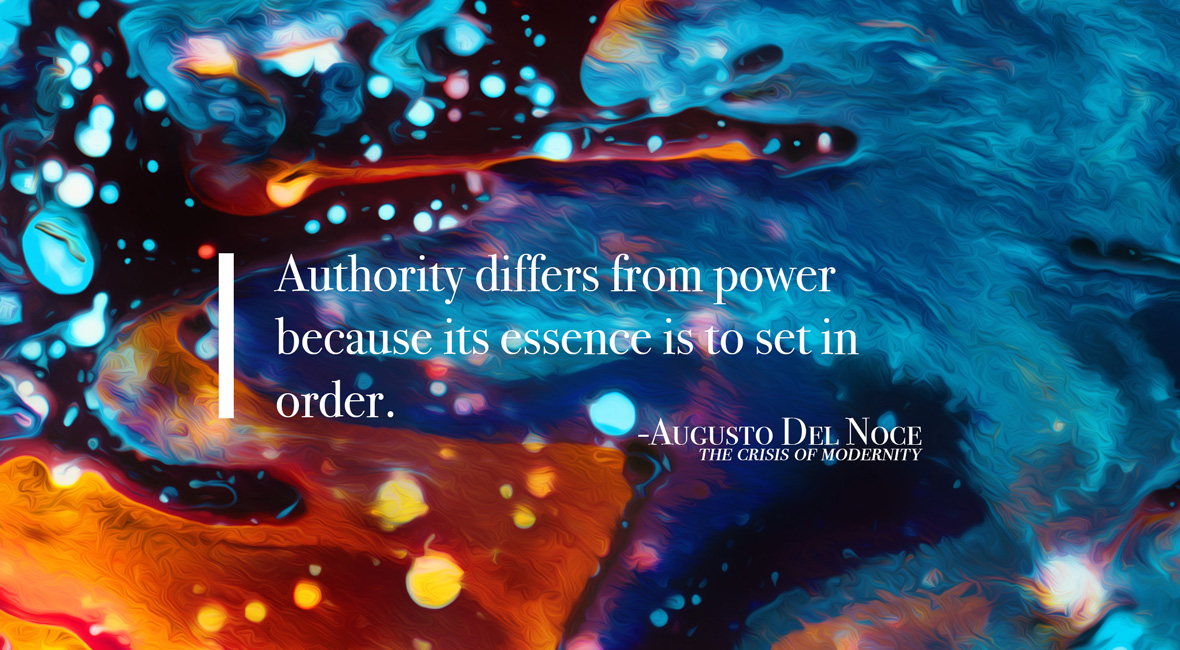Our oldest son, Cyrus, turns 13 this year. This is a significant time in his life, to say the least. He is transitioning from boyhood to manhood, a process that will no doubt take years to complete. But 13 is right around the age when it all begins. It’s both an exciting and challenging time, and I think a lot of parents are intimidated by their child’s adolescence and coming-of-age. Count me among that group. I’ve never done this before; Cyrus is our first child. But he’s never done this before, either. I’ve been where he is. I’ve gone through adolescence. (Some might say that I’ve never left it!) Part of my job, as his father, is to lovingly walk with him through a confusing, but crucial, period of his life. My job is to walk him through rites-of-passage, to help my son become a man.
How does a father help his son become a man in a consumeristic, suburban culture like the one in which I live? There are no rites-of-passage in our culture. There is no hunt, no warrior training, no vision quest designed for 13 year old suburban American boys to become men. Quite the opposite, actually. It seems as though our culture would prefer for its men to stay in a perpetual state of adolescence, an eternal arrested development. American rites-of-passage are most often passive events, more likely to be a matter of vice (first experience with porn, first drink of alcohol, first sexual encounter) than virtue. Boys who are initiated through pornography, sex, and alcohol become the sort of men who elicit #metoo stories, who become abusive, or who withdraw into distraction and entertainment. But that’s not the kind of man that I want my son to become.
I want my son to become a man who respects and honors others, especially women. I want him to be a man who uses his strength to protect the ones he loves by fighting for them, not with them. I want him to be wise, courageous, and just. I want him to be self-controlled, faithful, hopeful, and loving. That’s the kind of man the world needs. We have enough small men – insecure narcissists who think strength is expressed through rage and courage is found at the bottom of a bottle. We have enough disengaged, disinterested, and distracted men. We have enough blustering, arrogant bombasts. We need men of character and integrity, not perfect men, mind you, but good men. I want my son to become a good man.


